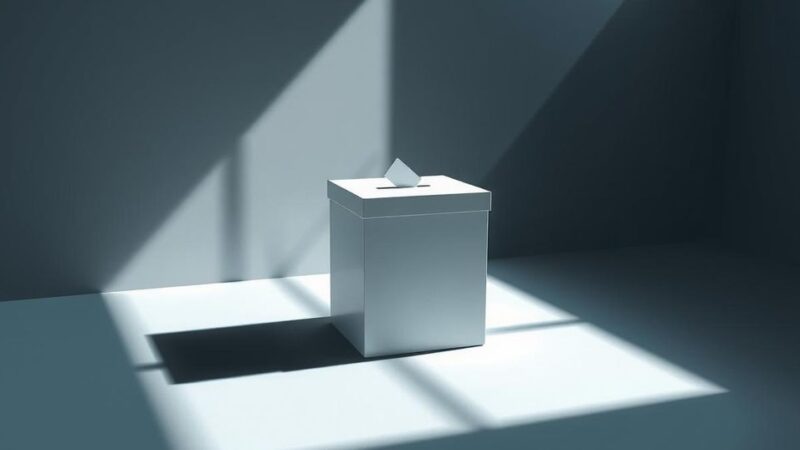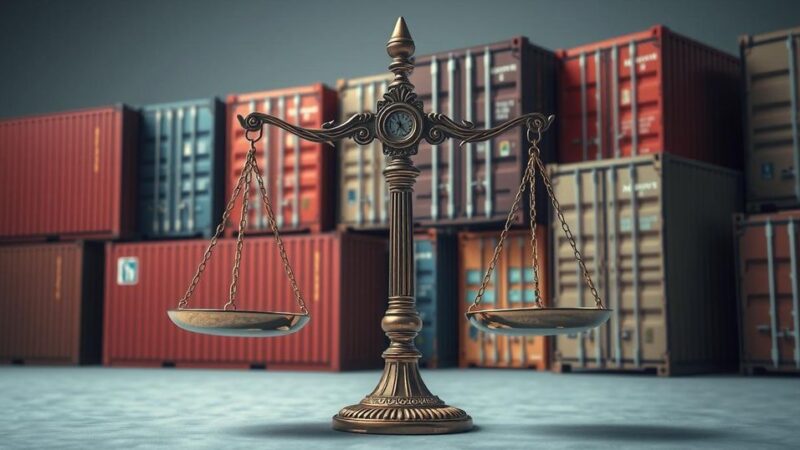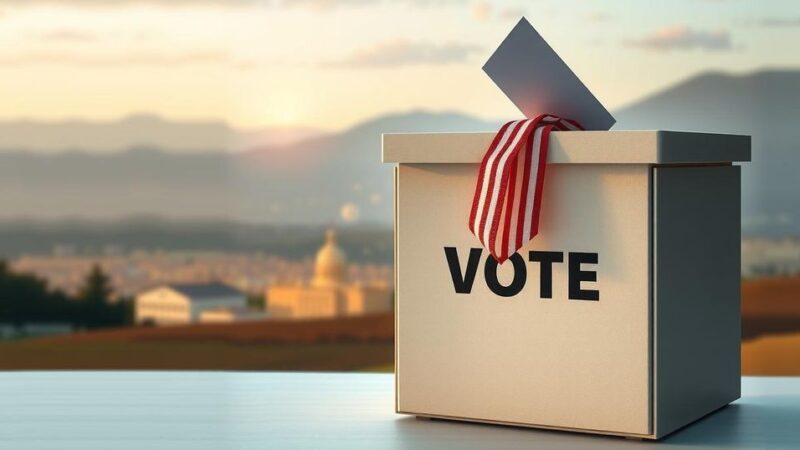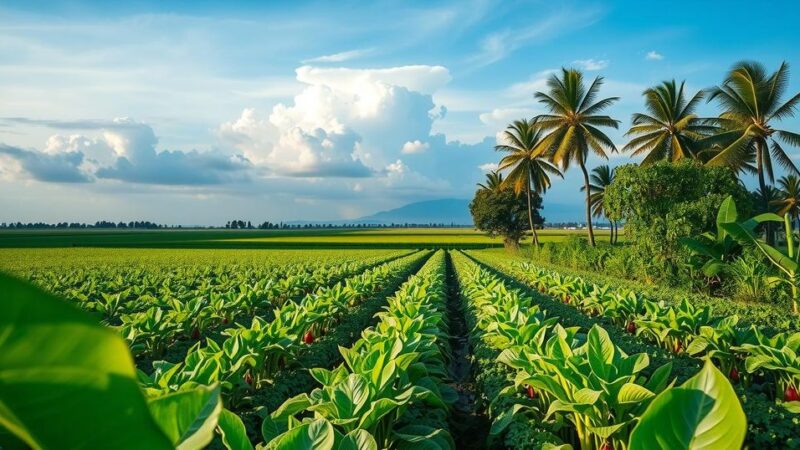Mauritius held a parliamentary election amid rising living costs, with major political players promising reforms to address economic pressures. Amidst concerns about public engagement and national security, Prime Minister Pravind Kumar Jugnauth’s coalition and opposition parties presented competing plans. The election outcome will shape the country’s economic strategy and governance for the next five years.
Mauritius recently conducted a parliamentary election wherein Prime Minister Pravind Kumar Jugnauth and his rivals committed to addressing a significant cost of living crisis affecting citizens. Polling commenced at 7 am local time, with a moderate turnout as individuals verified their registrations. The government has projected a 6.5% economic growth for the year, although many citizens report feeling disconnected from these economic advancements. Jugnauth’s coalition promises wage increases, pension boosts, and reduced VAT on essentials. In contrast, the opposition advocates for enhanced pensions and the introduction of free transportation and internet services. The backdrop of this election includes a recent government decision to suspend social media access, citing national security concerns, which drew criticism from various opposition factions. The outcome will determine which coalition secures a governing majority in the 62-seat parliament.
The parliamentary elections in Mauritius come at a time when citizens are grappling with increasing living costs, leading to widespread public concern. Mauritius, an island nation with a population of approximately 1.3 million, relies heavily on its offshore financial services, tourism, and textile industries for revenue. Despite economic growth predictions, many citizens feel that these benefits have not reached them. The primary political factions are pledging reforms aimed at improving living conditions, particularly for vulnerable groups, amid a competitive political landscape where the youth are seen as pivotal in determining the election outcome.
In conclusion, the parliamentary elections in Mauritius highlight a critical juncture for the nation as it confronts rising living costs and socio-economic disparities. With major political alliances promising substantial reforms, the voters’ choice will significantly shape the island’s governance and its approach to addressing public needs. The recent social media blackout adds an intriguing layer to the political atmosphere, emphasizing the tense relationship between security concerns and democratic processes. The results will reveal which coalition can effectively respond to the pressing economic challenges faced by the populace.
Original Source: www.sowetanlive.co.za






